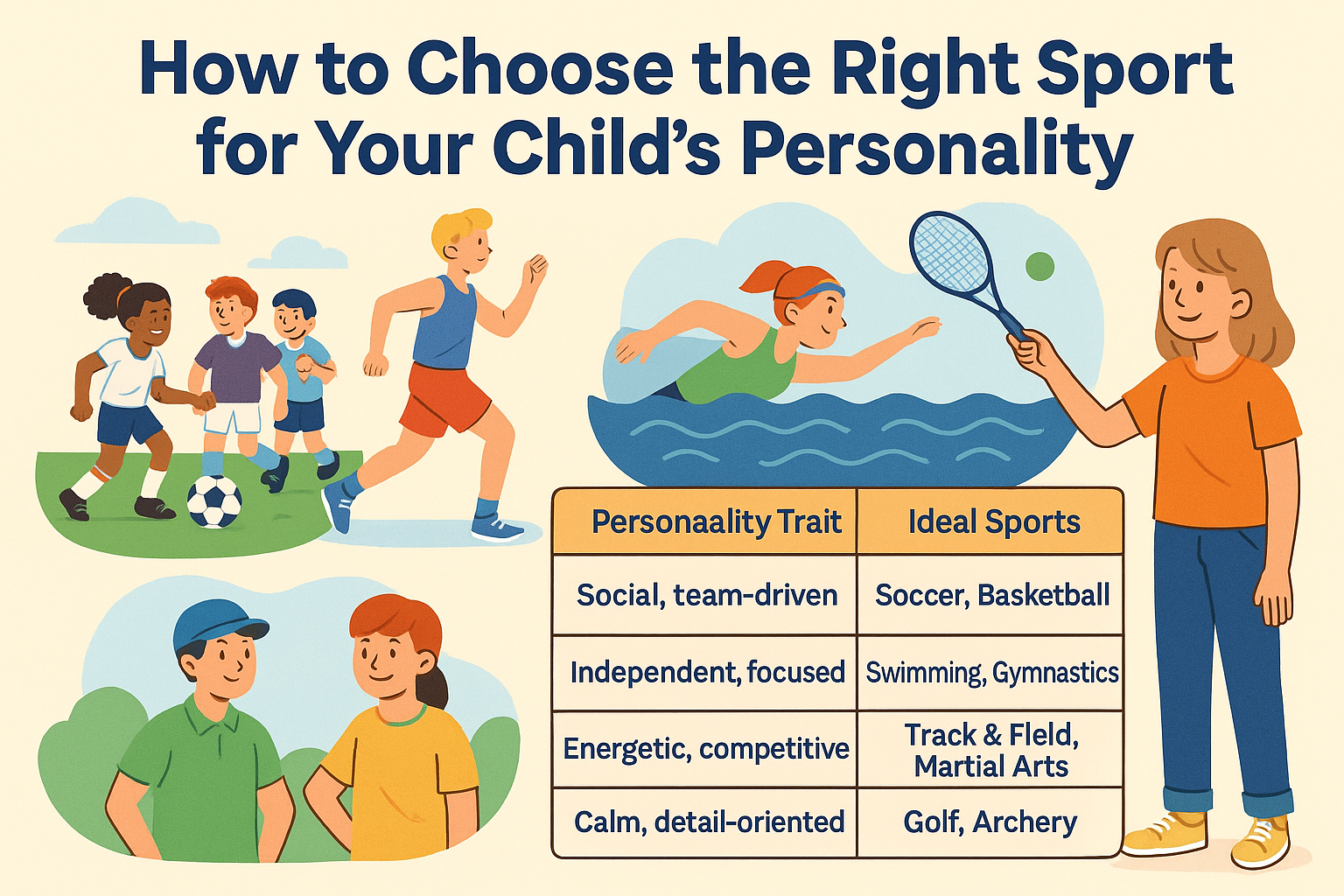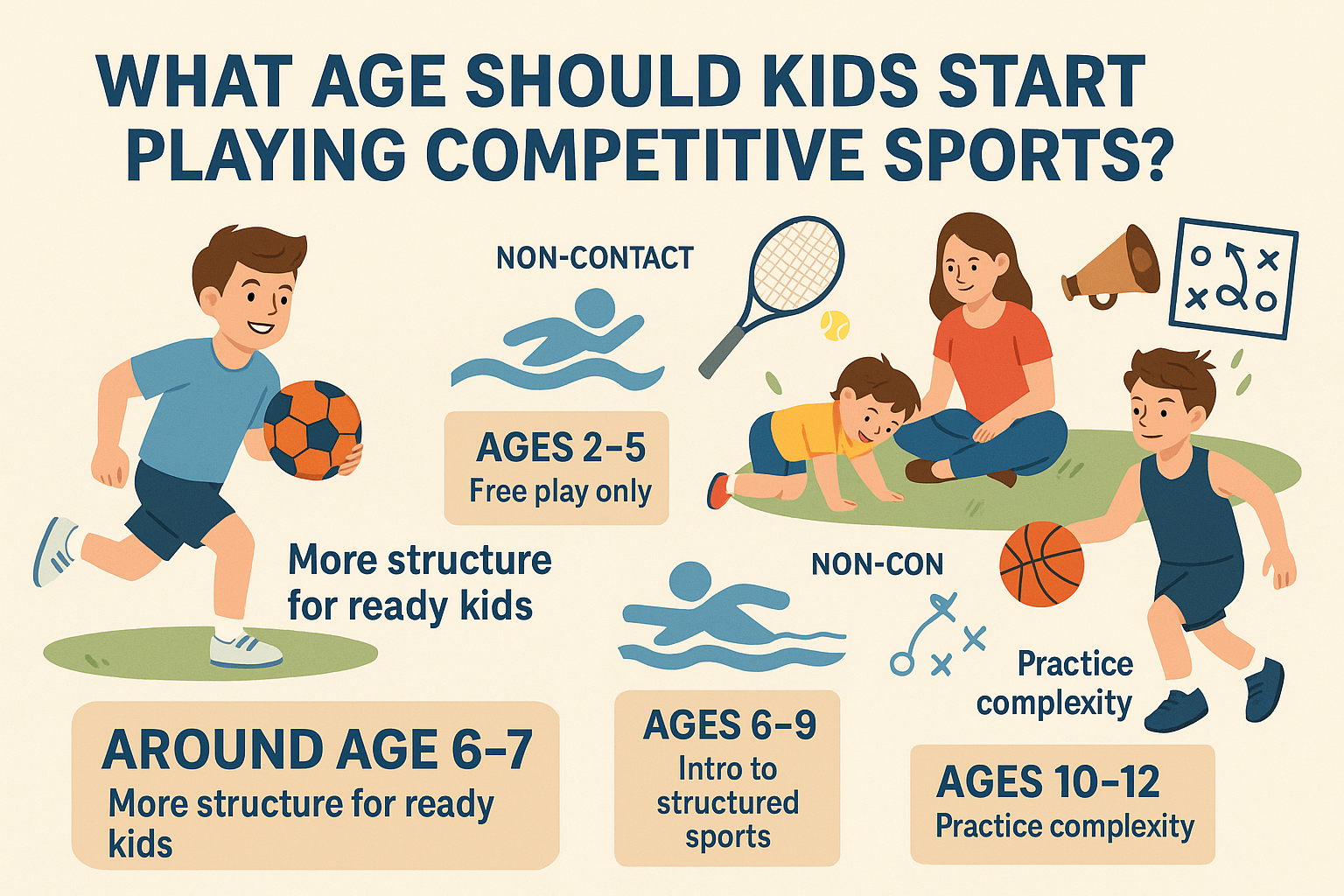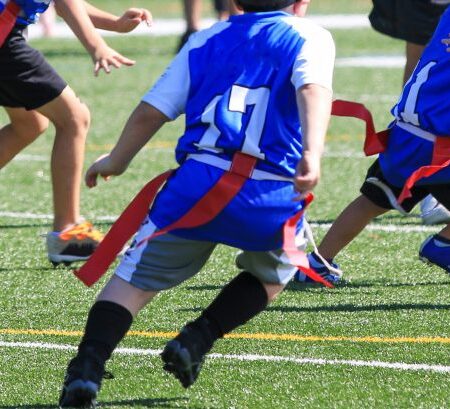What Age Should Kids Start Playing Competitive Sports?
Deciding when your child is ready for competitive sports can feel overwhelming. You want them to have fun, grow, and stay safe—but not be rushed or stressed. This article walks you through research-backed recommendations, development stages, and practical advice so families can make confident choices.
1. Development Matters Most
Kids mature at different speeds. As studies show:
Before age 6, basic motor skills, attention span, and coordination are often still developing scripps.org+3trustedcoaches.org+3theeverymom.com+3ncbi.nlm.nih.gov+1shawneemissionpediatricspa.pediatricweb.com+1shawneemissionpediatricspa.pediatricweb.com.
Organized, competitive sports typically make sense around age 6 or 7, when structured play begins .
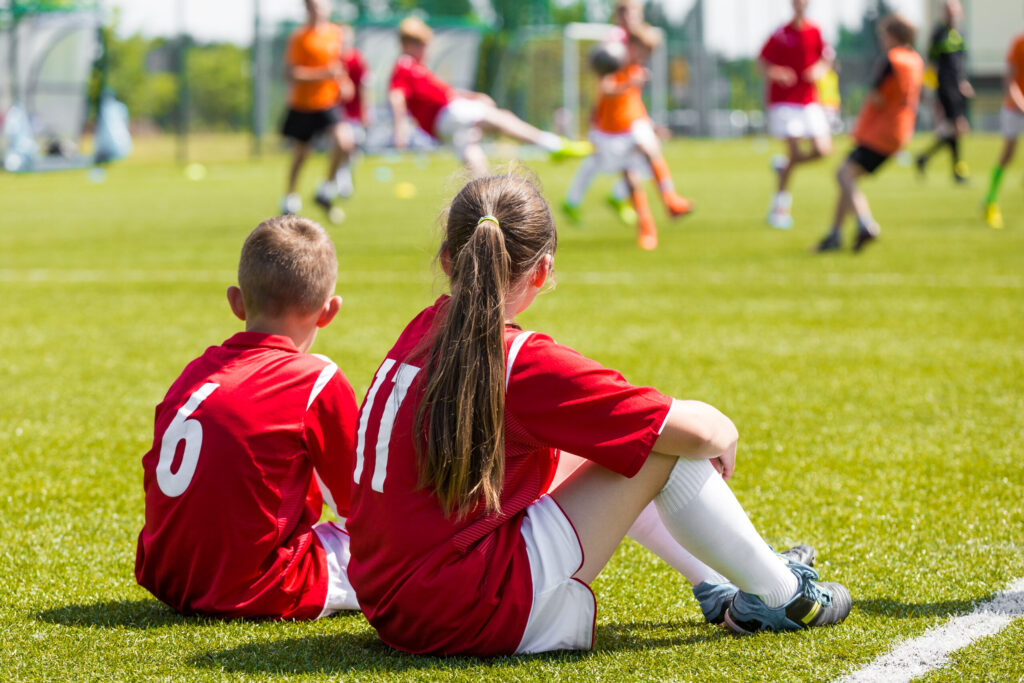
2. Age Guidelines by Type of Sport
According to experts pediatriccarenorth.com:
| Sport Type | Recommended Starting Age | Notes |
|---|---|---|
| Non-contact (e.g., tennis, swimming) | 6–7 years | Basic rules and skills manageable |
| Contact sports (e.g., soccer, martial arts) | 8–10 years | Requires coordination, rule-following |
| Collision sports (e.g., tackle football, ice hockey) | 10–12 years | Minimizes injury risk |
3. Importance of “Sport Readiness”
Motor skills: Ability to run, throw, balance, follow instructions healthline.com+14ncbi.nlm.nih.gov+14time.com+14discover.hubpages.comalbeebaby.comen.wikipedia.org+7scripps.org+7time.com+7.
Attention span: Kids need mental focus—9–10 minutes per year of age (e.g., ~60 minutes for 6-year-olds).
Emotional maturity: Handling wins, losses, and expectations is vital for enjoyment health.ny.gov.
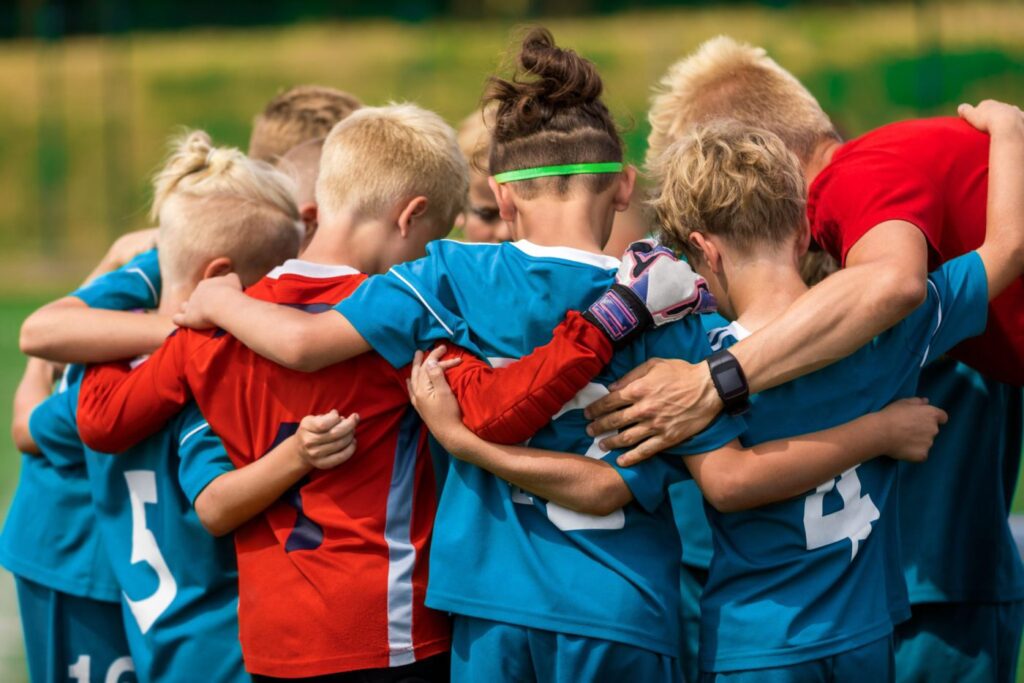
4. The Perils of Early Specialization
Focusing on only one sport too early brings risks:
Overuse injuries & burnout: Half of youth sports injuries stem from repetitive stress hopkinsmedicine.orgphysioinq.com.au+2en.wikipedia.org+2en.wikipedia.org+2.
Loss of enjoyment: Kids pushed too hard often quit by age 13 hopkinsmedicine.org+1en.wikipedia.org+1.
Expert guidance: Doctors recommend sampling multiple sports before age 15+ hopkinsmedicine.org.
5. Recommended Approach by Age
Ages 2–5: Free play only
Focus on unstructured fun—running, tumbling, tag. No organized teams yet self.com+13shawneemissionpediatricspa.pediatricweb.com+13healthline.com+13.
Ages 6–9: Intro to structured sports
Start with kid-friendly leagues like T-ball or micro-soccer: limited rules, emphasis on participation sportball.com+13psychologytoday.com+13ncbi.nlm.nih.gov+13.
Ages 10–12: Practice complexity
Children can learn tactics, teamwork, and handle some competition—but fun and skill remain the focus .
Ages 13+: Competitive sparks
Let your child decide if they want to specialize. Begin more serious training, but consider risks & coach quality hopkinsmedicine.org+1en.wikipedia.org+1.
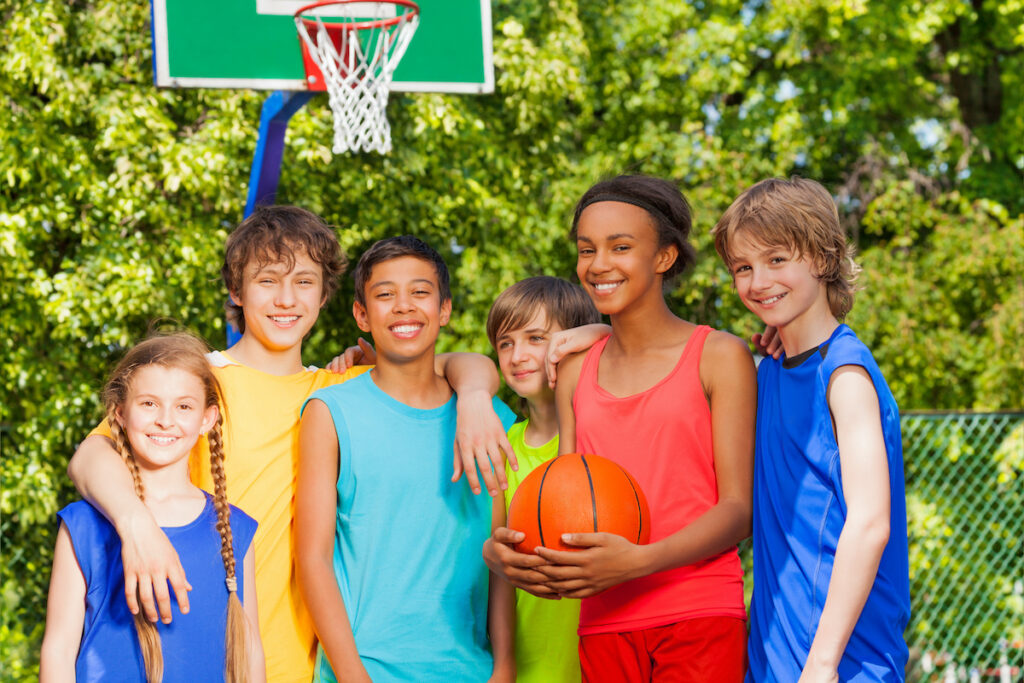
6. Tips for Parents
Match readiness: Choose sports aligned with your child’s motor and mental development .
Keep it playful: Even in structured sports, fun should come first .
Multi-sport sampling: Encourages better athleticism and reduces burnout health.ny.gov+14youthguidelines.nba.com+14ncbi.nlm.nih.gov+14.
Balance & rest: Follow the “age in hours per week” rule and ensure rest days hopkinsmedicine.org.
Safety first: Gear, hydration, warm-ups, and good coaching prevent injuries .
Watch for warning signs: Injuries, fatigue, lack of enjoyment? Time to reassess .
Frequently Asked Questions
Q1: Can my 4‑year‑old join competitive soccer?
A: Not recommended. Ages 4–5 are best for free, unstructured play. Competitive leagues should begin at 6+ hopkinsmedicine.org+12shawneemissionpediatricspa.pediatricweb.com+12albeebaby.com+12albeebaby.com+1theeverymom.com+1.
Q2: When can my kid play tackle football safely?
A: Ideally 10–12+, when size and coordination mature. Before that, flag football is safer. Contact sports demand extra caution .
Q3: Is specializing early harmful?
A: It can lead to injuries, burnout, and quitting. Children benefit from exploring multiple sports before specializing after age 15 hopkinsmedicine.org.
Q4: My child is great at one sport—can they start early specialization?
A: Not before age 15–16. Up to then, diversify activities to support overall growth and reduce burnout risk .
Q5: What are signs a child is ready for competitive sports?
A: They can follow instructions, show interest in rules, display coordination, and handle minor setbacks emotionally .
Q6: How do I pick the right coach/program?
A: Look for coaching that emphasizes development and fun, not just wins. Ensure safe gear, proper supervision, and communication .
Conclusion
There’s no magic age for starting competitive sports—it’s about readiness, readiness, readiness. At age 6–7, kids generally have the skills and focus for entry-level organized sports. Let them explore, enjoy, and grow without pressure. Delaying specialization until adolescence promotes long-term enjoyment, health, and success.
By paying attention to your child’s interest and development, choosing supportive programs, and keeping the experience fun and safe, you’ll help them build a positive sports journey that lasts a lifetime.



